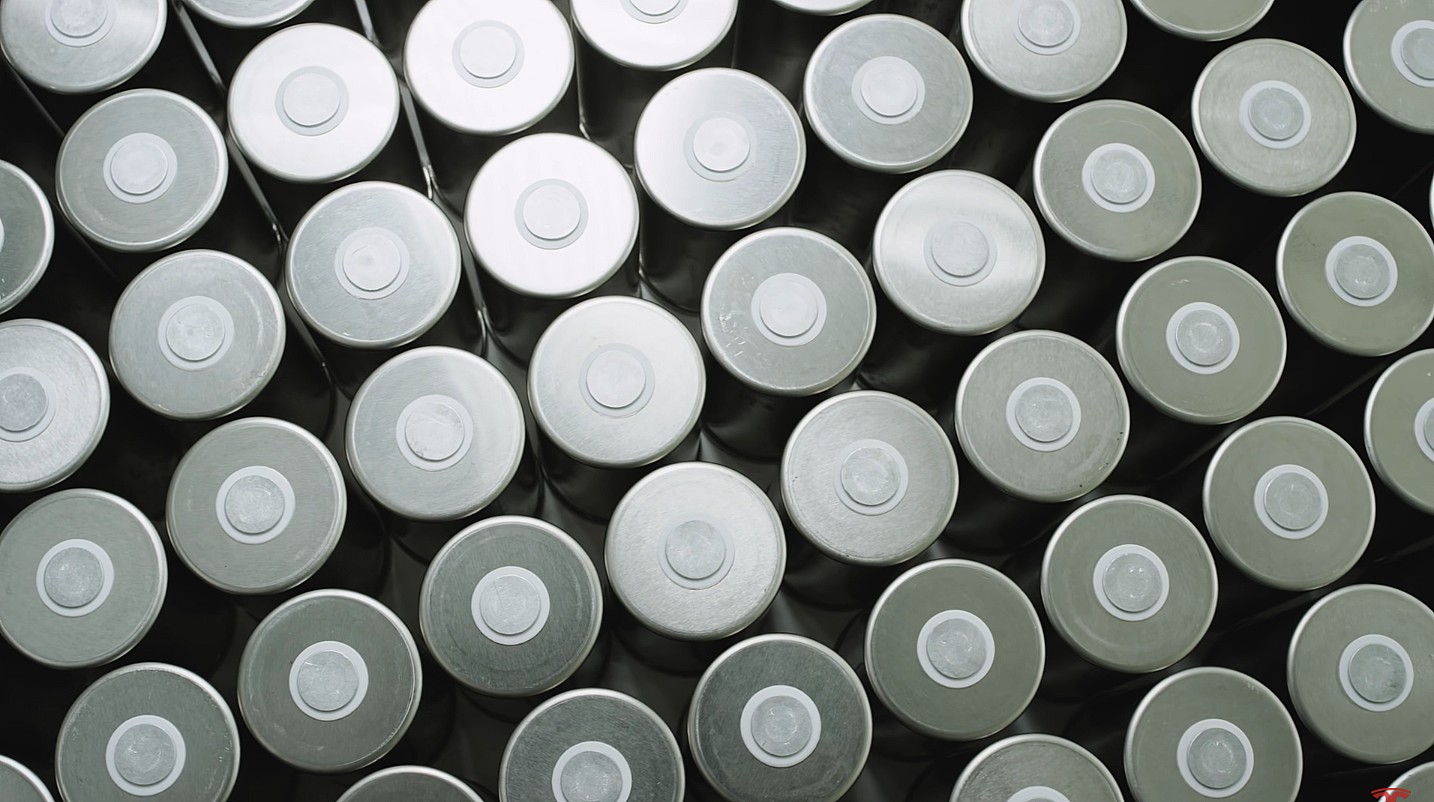The electric vehicle tax credit rules got an extension on Friday as the U.S. Department of the Treasury will allow some crucial trace minerals from China to be included in anode materials and battery components to be exempt.
The United States has attempted to free automakers of their dependence on foreign materials in their battery packs and each year will require a greater percentage of both battery materials and components to be sourced and built within the country.
At the beginning of the year, new rules took effect, and several electric vehicles that qualified for the full $7,500 tax credit in 2023 were no longer on the qualifying list.
This forced carmakers to adjust their supply chains to be eligible for the tax credit once again, which is a big reason some consumers will buy EVs: it softens their tax burden.
On Friday, the U.S. decided it would give car companies until 2027 to remove some minerals, like graphite, electrolyte salts, binders, and other additives that are usually sourced from foreign countries that are listed as a Foreign Entity of Concern.
Not everyone agrees with the decision. Some feel that there needs to be a clear exit strategy from U.S. automakers’ dependence on foreign materials, and this extension only makes it easier to rely on foreign sources.
Additionally, Joe Manchin, Senate Energy Committee Chair, said the priority of flooding the U.S. automotive market with EVs has overtaken the need to be less dependent on other countries for the materials needed to build EVs.
Sen. Joe Manchin blasts EV tax credit expansion, calls for hydrogen development
Manchin said the move will provide a “long-term pathway for these (FEOC) countries to remain in our supply chains,” according to Reuters.
I’d love to hear from you! If you have any comments, concerns, or questions, please email me at joey@teslarati.com. You can also reach me on Twitter @KlenderJoey, or if you have news tips, you can email us at tips@teslarati.com.

